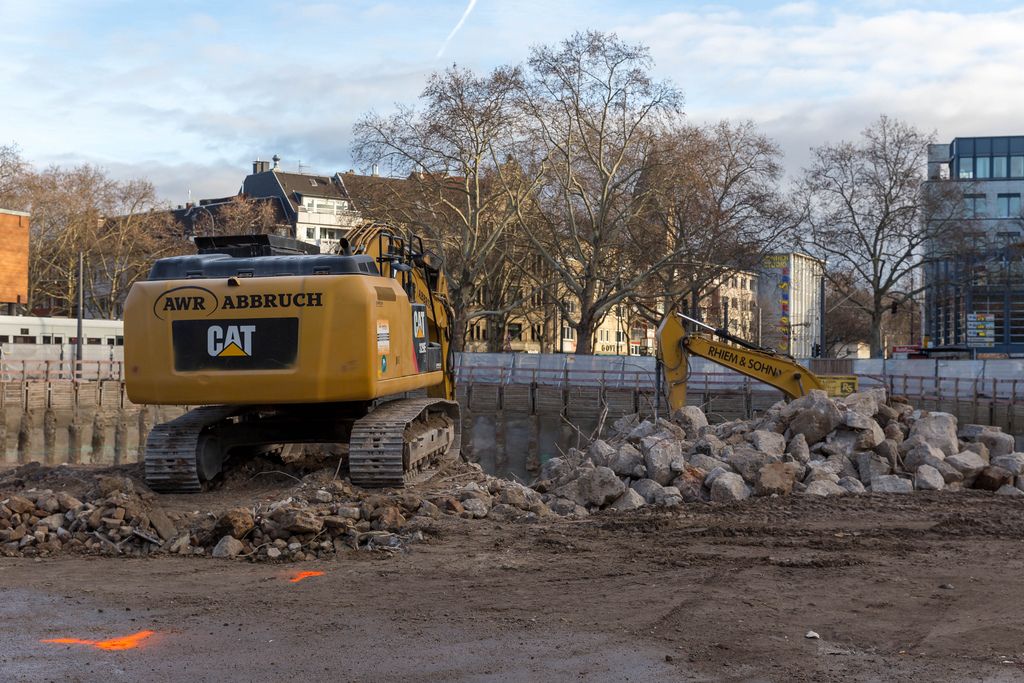견적문의
페이지 정보
작성자 Leticia 댓글댓글 0건 조회조회 415회 작성일작성일 25-08-03 15:39본문
| 회사명 | LL |
|---|---|
| 담당자명 | Leticia |
| 전화번호 | YG |
| 휴대전화 | TS |
| 이메일 | leticiaminix@yahoo.ca |
| 프로젝트유형 | |
|---|---|
| 제작유형 | |
| 제작예산 | |
| 현재사이트 | |
| 참고사이트1 | |
| 참고사이트2 |
Construction companies are the backbone of our built environment. They are the entities responsible for transforming architectural designs and engineering plans into tangible structures, from the homes we live in to the skyscrapers that dominate city skylines. Understanding the diverse roles, operations, and challenges faced by construction companies is crucial for anyone interested in the built world, whether as a future professional, a property owner, or simply a curious observer.

What is a Construction Company?
At its core, a construction company is a business entity that specializes in the planning, management, and execution of construction projects. These projects can encompass a wide range of activities, including:
Residential Construction: Building single-family homes, apartments, condominiums, and other residential properties.
Commercial Construction: Constructing office buildings, retail spaces, shopping malls, restaurants, and other commercial establishments.
Industrial Construction: Building factories, warehouses, power plants, and other industrial facilities.
Infrastructure Construction: Constructing roads, bridges, tunnels, dams, pipelines, and other essential infrastructure.
Civil Engineering Construction: This often overlaps with infrastructure, involving large-scale projects like water treatment plants and sewage systems.
Renovation and Remodeling: Altering or improving existing structures.
Types of Construction Companies:
Construction companies can be categorized based on their size, specialization, and the types of projects they undertake. Some common classifications include:
General Contractors (GCs): GCs are responsible for the overall management and coordination of a construction project. They hire subcontractors to perform specialized tasks such as electrical work, plumbing, and HVAC installation. They are responsible for ensuring the project is completed on time, within budget, and to the required quality standards.
Specialty Contractors (Subcontractors): Subcontractors focus on specific aspects of construction, such as electrical work, plumbing, HVAC, roofing, concrete, or landscaping. They are hired by the GC to perform their specialized tasks.
Design-Build Firms: These firms offer a comprehensive service that combines design and construction under a single contract. If you have any sort of inquiries relating to where and exactly how to use construction company in zambales, you could call us at our webpage. This approach can streamline the project delivery process and improve communication between the design and construction teams.
Construction Management Firms: These firms act as the owner's representative and oversee the construction process on their behalf. They provide project management services, including cost control, scheduling, and quality control.
Heavy Construction Companies: These companies specialize in large-scale infrastructure projects, such as roads, bridges, and dams.
The Construction Process:
The construction process typically involves several key stages:
- Planning and Design: This stage involves developing the project concept, creating architectural designs, and preparing engineering plans.
- Pre-Construction: This stage includes obtaining permits, securing financing, and hiring subcontractors. Risk assessments are also conducted.
- Construction: This is the actual building phase, where the project is brought to life according to the plans and specifications.
- Post-Construction: This stage involves final inspections, commissioning of systems, and handover of the project to the owner. Warranties and maintenance schedules are also provided.
A construction company employs a diverse range of professionals, including:
Project Managers: Responsible for overseeing the entire construction project, from planning to completion.
Construction Superintendents: Responsible for managing the day-to-day operations on the construction site.
Estimators: Responsible for preparing cost estimates for construction projects.
Engineers: Responsible for designing and overseeing the construction of structural and mechanical systems.
Architects: Responsible for designing the aesthetic and functional aspects of buildings.
Safety Managers: Responsible for ensuring the safety of workers on the construction site.
Skilled Tradespeople: Including carpenters, electricians, plumbers, and other skilled workers who perform the actual construction tasks.
Challenges Faced by Construction Companies:
Construction companies face a variety of challenges, including:
Economic Fluctuations: The construction industry is highly sensitive to economic cycles. Downturns in the economy can lead to a decrease in demand for construction services.
Labor Shortages: A shortage of skilled workers can make it difficult for construction companies to complete projects on time and within budget.
Rising Material Costs: Fluctuations in the prices of building materials can significantly impact project costs.
Complex Regulations: The construction industry is subject to a complex web of regulations, which can be challenging to navigate.
Safety Risks: Construction sites are inherently dangerous environments. Construction companies must prioritize safety to protect their workers.
Project Delays: Unexpected delays due to weather, material shortages, or other factors can disrupt project schedules and increase costs.
Competition: The construction industry is highly competitive, with many companies vying for the same projects.
The Future of Construction:
The construction industry is undergoing a period of rapid innovation, driven by technological advancements such as:
Building Information Modeling (BIM): BIM is a digital representation of a building that allows for better collaboration and coordination among project stakeholders.
Drones: Drones are used for site surveying, progress monitoring, and safety inspections.
3D Printing: 3D printing is being used to create building components and even entire structures.
Robotics: Robots are being used for tasks such as bricklaying, welding, and demolition.
Artificial Intelligence (AI): AI is being used for tasks such as project scheduling, cost estimation, and risk management.
These technologies are helping construction companies to improve efficiency, reduce costs, and enhance safety. As the world's population continues to grow, the demand for construction services will only increase. Construction companies that embrace innovation and adapt to the changing landscape will be well-positioned for success in the future.
In conclusion, construction companies play a vital role in shaping the world around us. They are responsible for building the homes, businesses, and infrastructure that we rely on every day. Understanding the complexities of the construction industry is essential for anyone who wants to appreciate the built environment and the people who create it.

